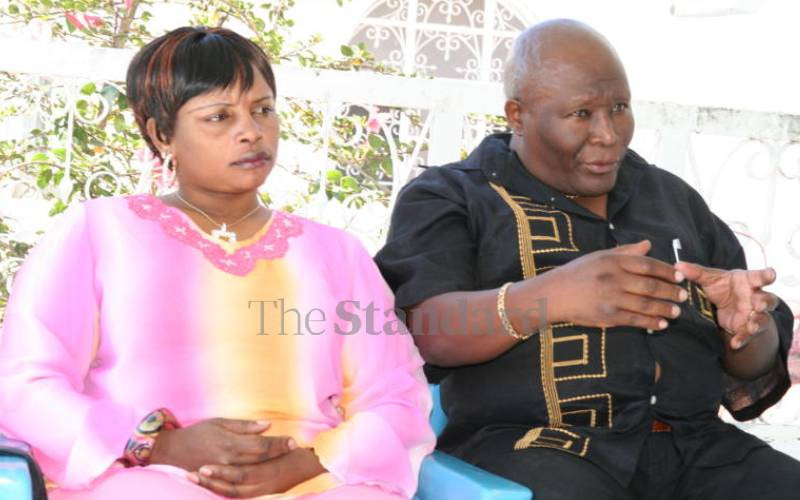×
The Standard e-Paper
Kenya’s Boldest Voice

Fourteen years after his death, the court wonders whether businessman Fai Amario's soul is resting in peace following a protracted legal battle over his Sh760 million estate.
In a ruling that declared property worth Sh56 million in the estate to be sold and shared amongst members of his family, High Court judge, Justice Samuel Mochochi said the court had noted acts by certain parties herein of "weaponization of litigation" to negate all principles of justice.